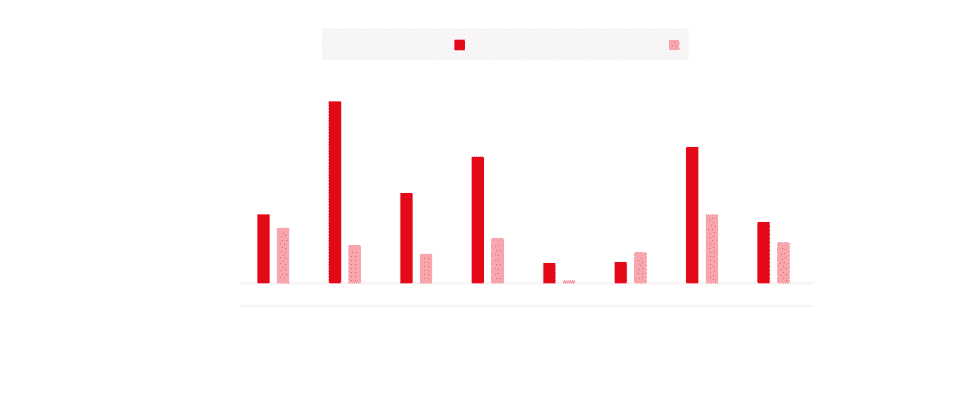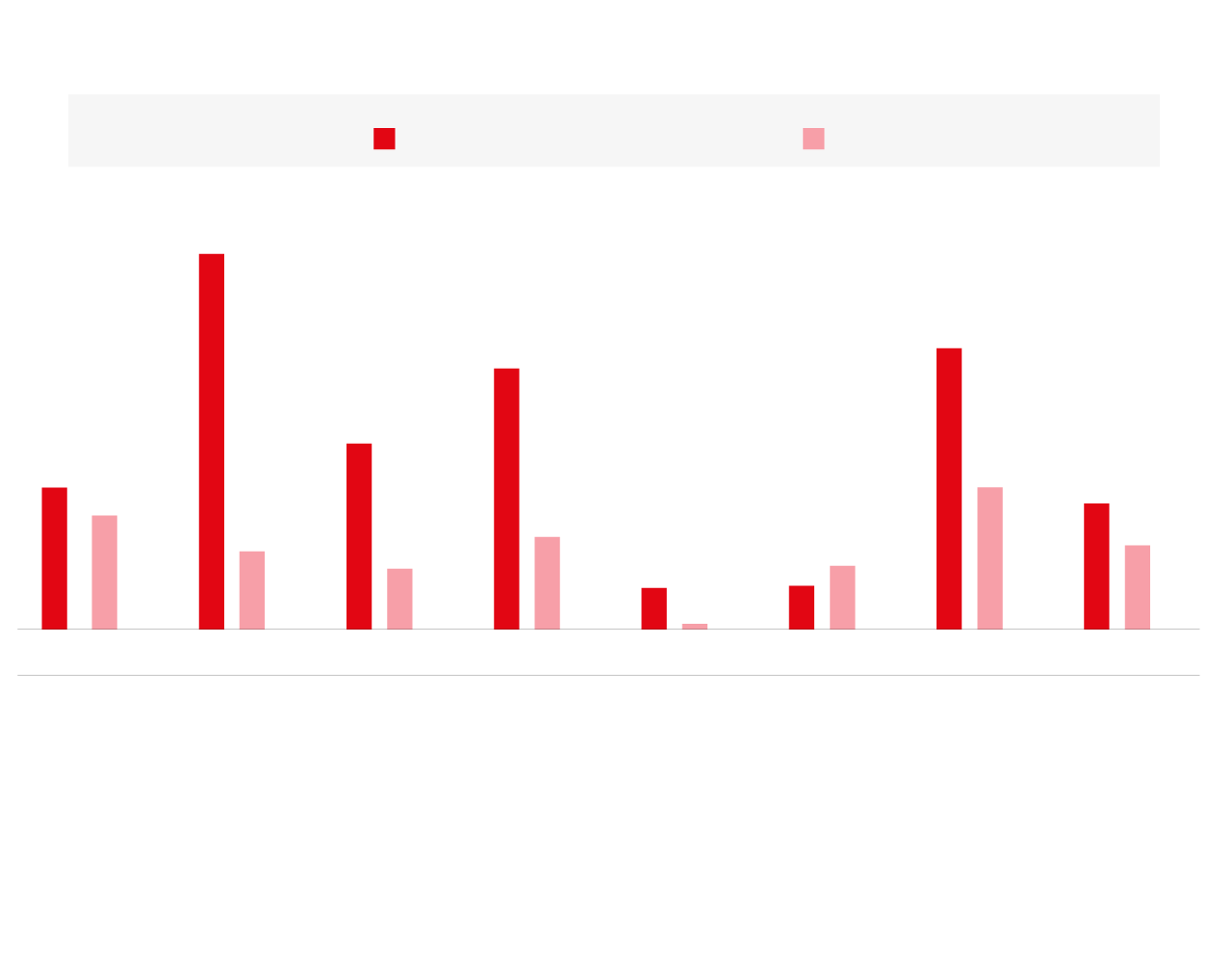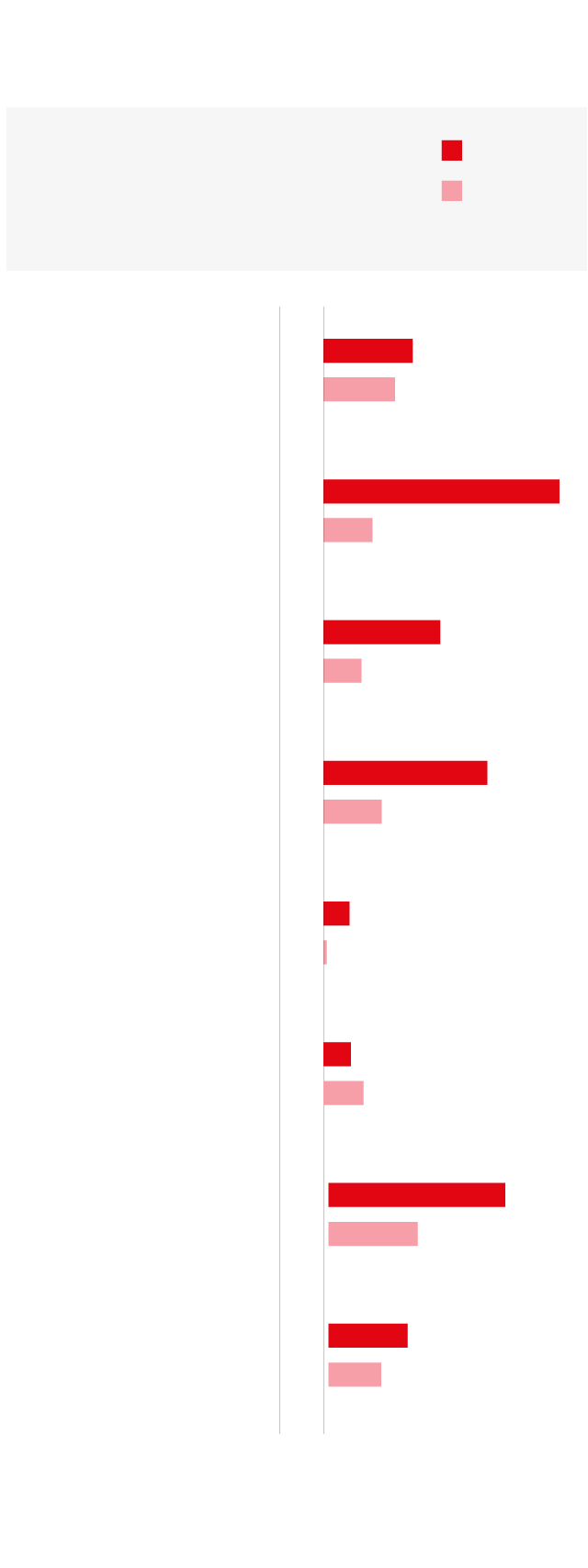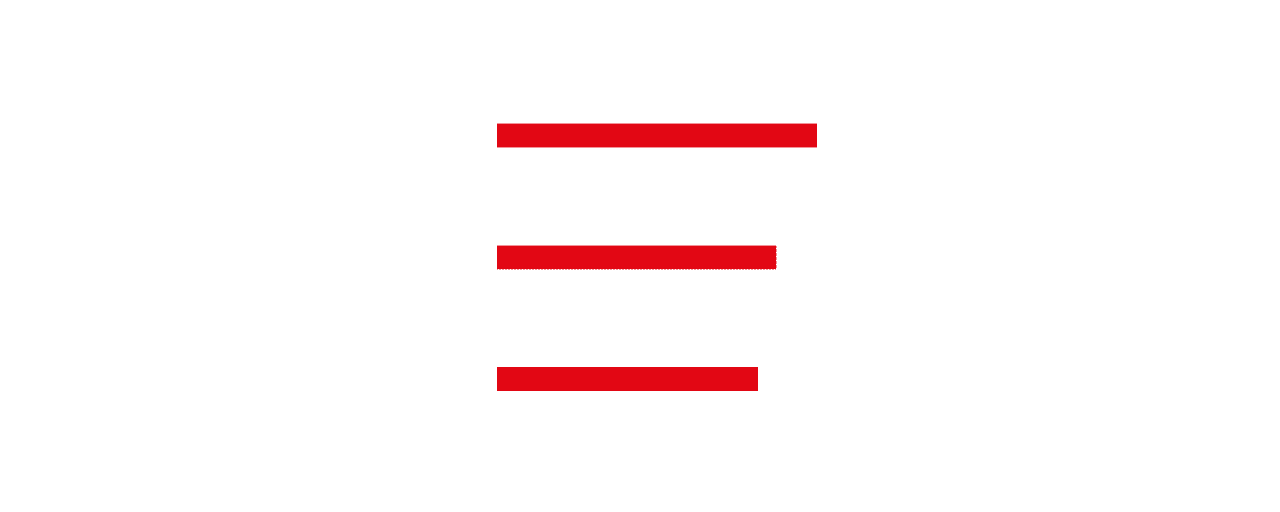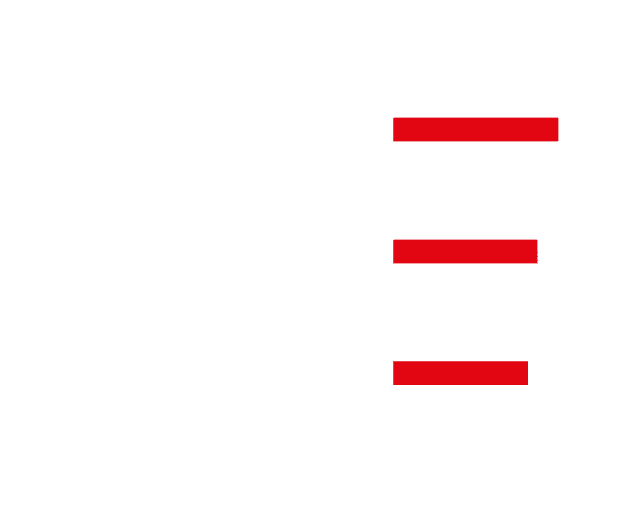The relationship of the economy with success in soccer does not follow a logical pattern. The sample is that the economy has not completely married with sporting success. Thus, Brazil is the most successful with five world titles; however, its workforce value (1,140 million euros) is the second while by GDP (Gross Domestic Product) per capita it is in the low bracket of the World Cup event. England is the most outstanding in terms of the value of its workforce (1,260 million) and GDP per capita (63,123 million), but it only treasures one World Cup in its windows.
The most important competitions in five European countries (England, Spain, Germany, Italy and France) bring 399 footballers to the World Cup. The Premier League is the club competition that has the most players: 125. It is followed by LaLiga, with 80, Bundesliga, 75, Serie A, 66, and Ligue 1, 53. It so happens that, if we break down by clubs, 16 contribute ten or more players to Qatar 2022. Fourteen Europeans (Bayern, Manchester City, Barcelona, Manchester United, Real Madrid, PSG, Chelsea, Tottenham, Borussia Dortmund, Atlético, Juventus, Ajax, Arsenal and Seville) and only two from outside the old continent: Qatari Al Sadd and Al Hilal from Saudi Arabia. Both clubs give up most of the footballers of their national team.
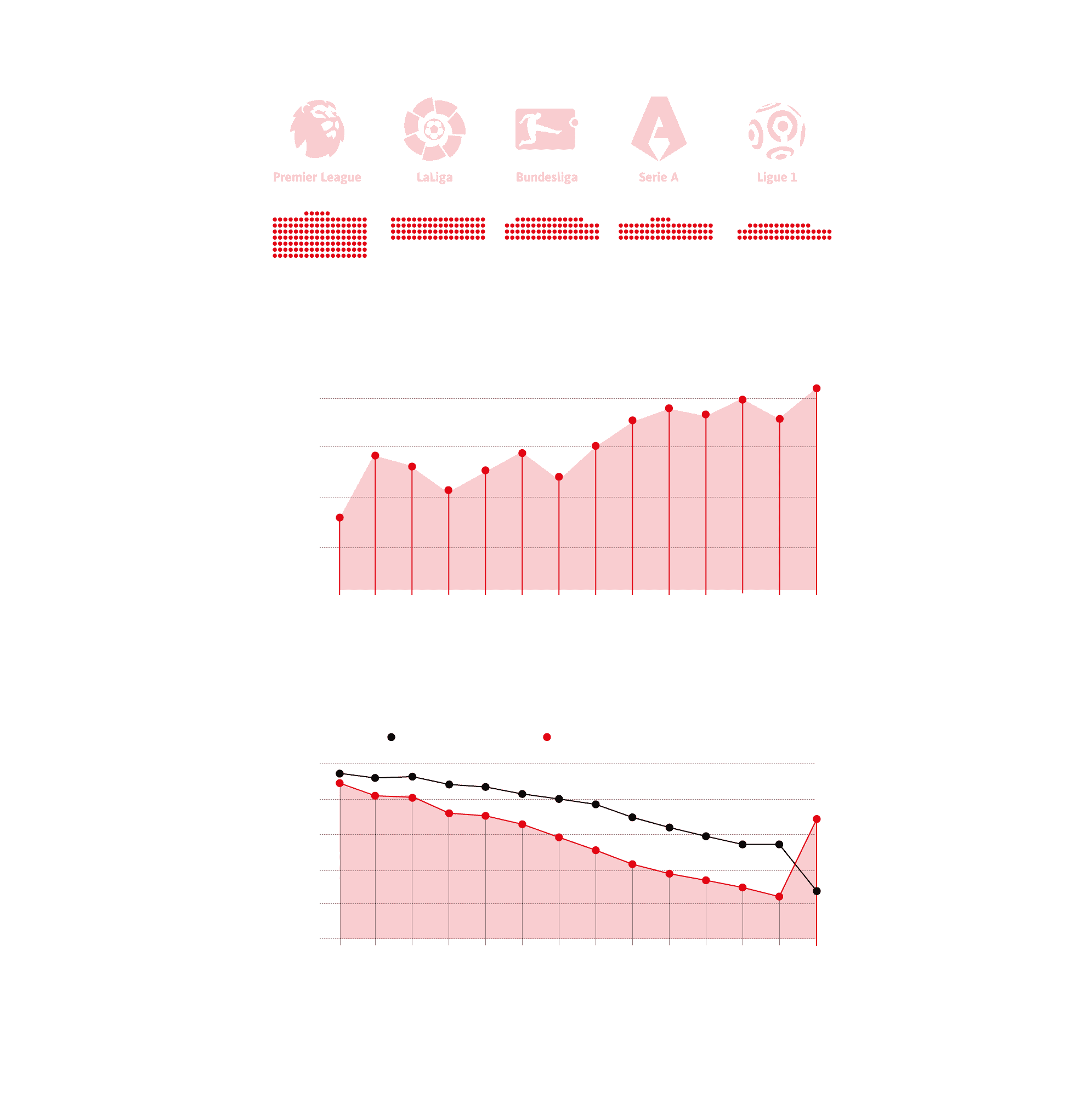
Players contributed to the World Cup by the most important competitions
The concentration of global talent went from 7% in 1970 to 21% in 2022:
only 14 European teams account for almost a fifth of
of all the World Cup players.
In 1970, 96% of the soccer players of the teams participating in the World Cup
They played in the leagues of their country. In 2018, this percentage fell to 24%.
This year it rises remarkably to 64% since the majority of the players of
Qatar and Saudi Arabia play in their respective countries, unlike Senegal
whose squad plays entirely outside their country and their continent.
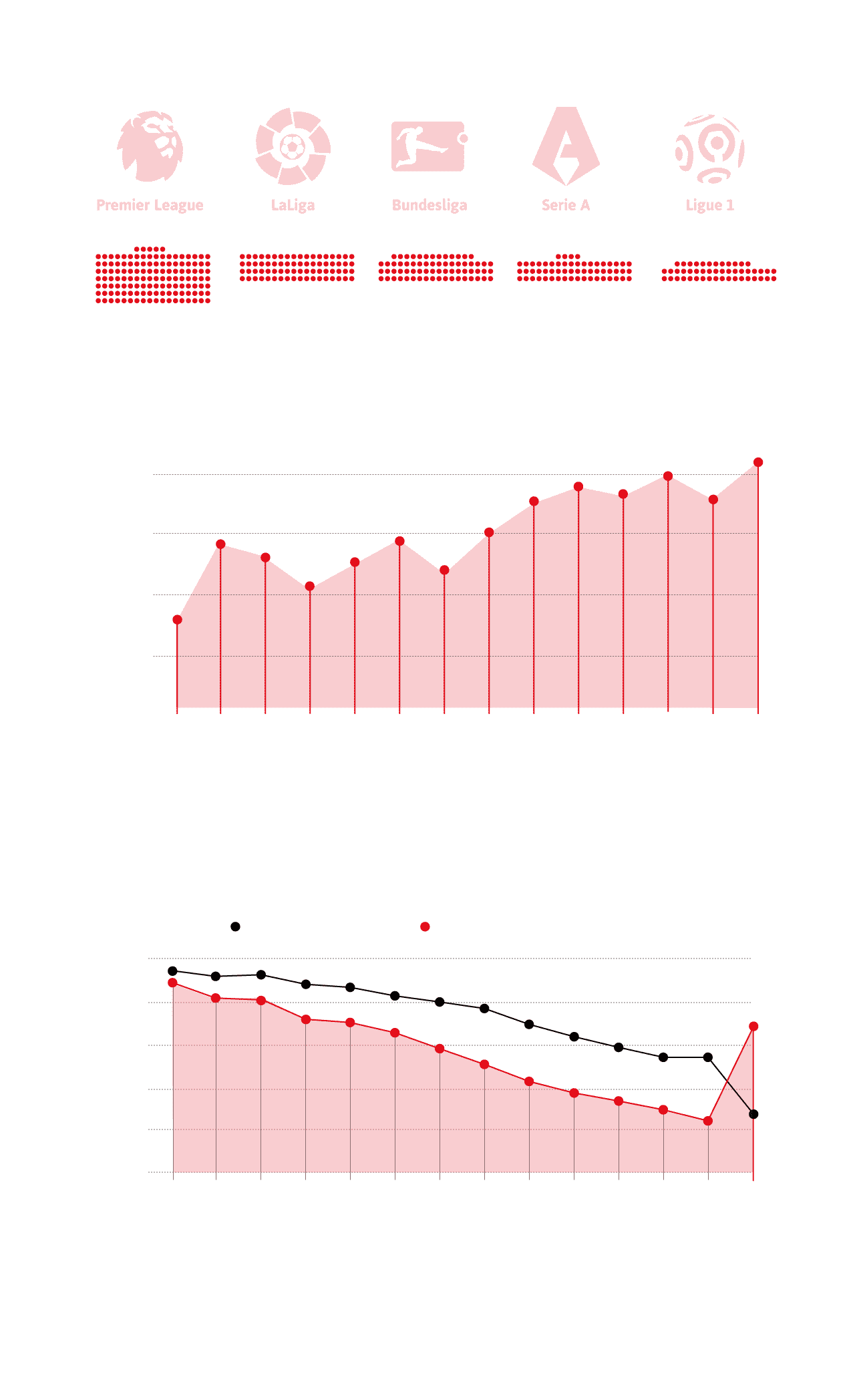
Players contributed to the World Cup by the most important competitions
The concentration of global talent went from 7% in 1970 to 21% in 2022:
only 14 European teams account for almost a fifth of
of all the World Cup players.
In 1970, 96% of the soccer players of the teams participating in the World Cup
They played in the leagues of their country. In 2018, this percentage fell to 24%.
This year it rises remarkably to 64% since the majority of the players of
Qatar and Saudi Arabia play in their respective countries, unlike Senegal
whose squad plays entirely outside their country and their continent.

Players contributed for the World Cup
for the most important competitions
The concentration of global talent passed
from 7% in 1970 to 21% in 2022: just
14 European teams concentrate almost one
fifth of the World Cup players.
In 1970, 96% of footballers in the
teams participating in the World Cup
They played in the leagues of their country.
In 2018, this percentage fell to 24%.
This year it rises remarkably to 64%
since most of the players of
Qatar and Saudi Arabia play in their
countries, unlike Senegal whose
squad plays in its entirety
outside your country and your continent.
They say that sport, in this case football, can equalize everyone. Although the data since 1970, do not just demonstrate it. The duels between teams from countries considered rich and those from the least favored, in the World Cup, show a favorable balance to those who have the most. Thus, of the 684, 301 (44%) have been won by the so-called rich, for the 238 (35%) in which the team with fewer resources has prevailed. 21% of the matches (145) ended in a draw. The 78 World Cup in Argentina was the one in which they were the most equal. The rich won 39 games and the poor won 37.
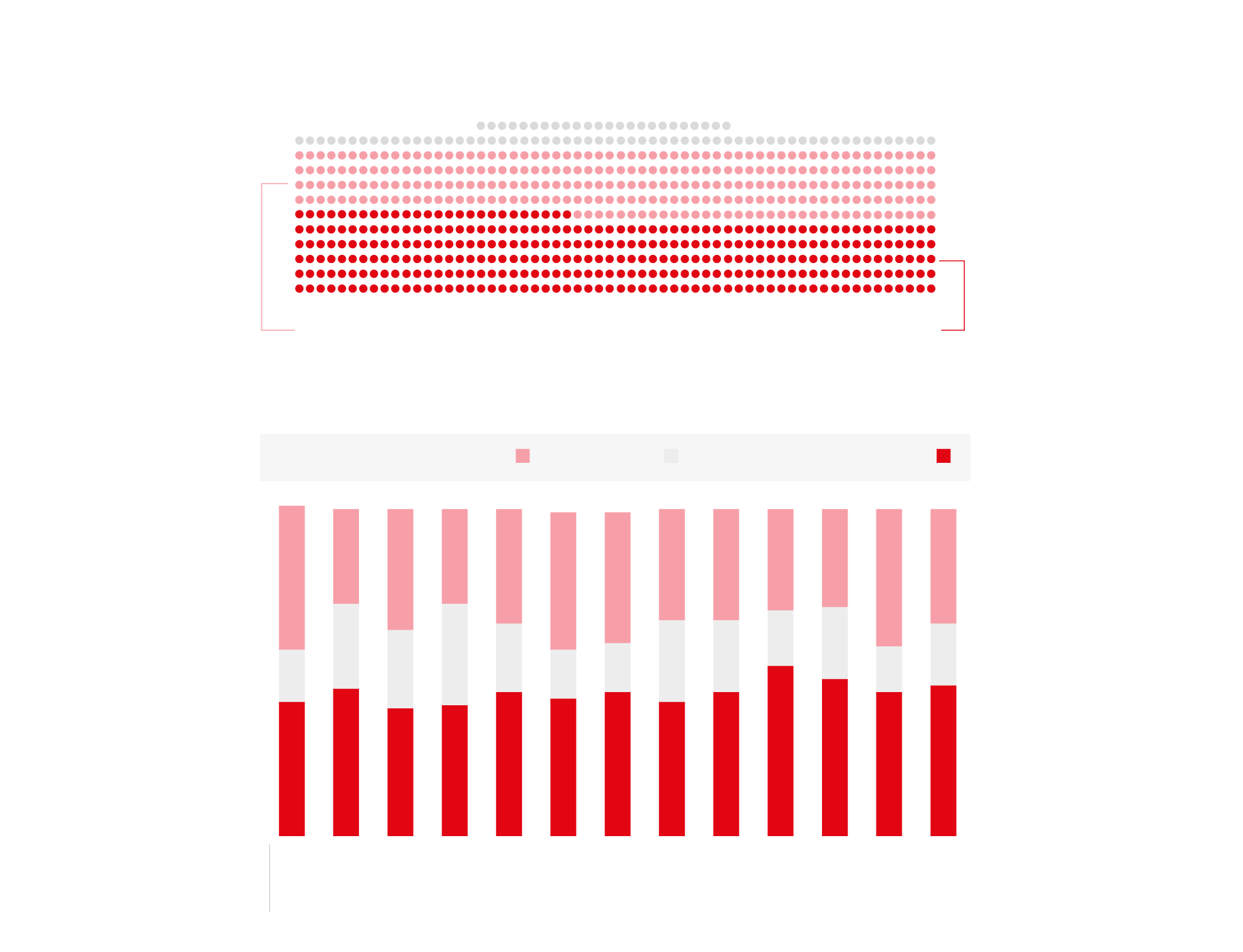
Of the 684 World Cup matches that have been played since 1970, the countries
richest won 44% of the time; the poorest, 35% of the encounters.
The poorest countries won.
Won by the poorest country
Won by the richest country
SOURCE: elDiario / FIFA / UN
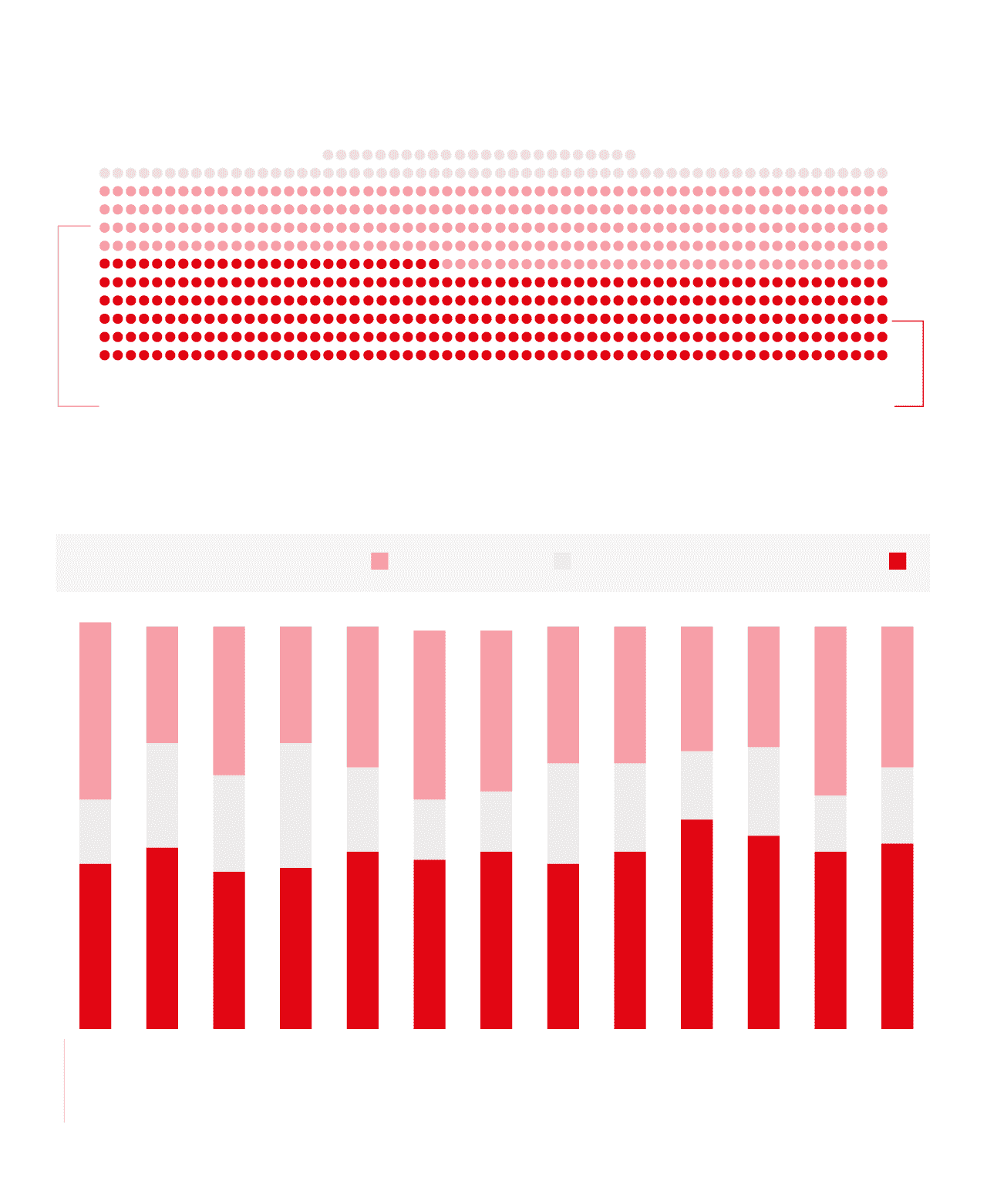
Of the 684 World Cup matches that have been played since 1970, the countries
richest won 44% of the time; the poorest, 35% of the encounters.
The poorest countries won.
Won by the poorest country
Won by the richest country
SOURCE: elDiario / FIFA / UN
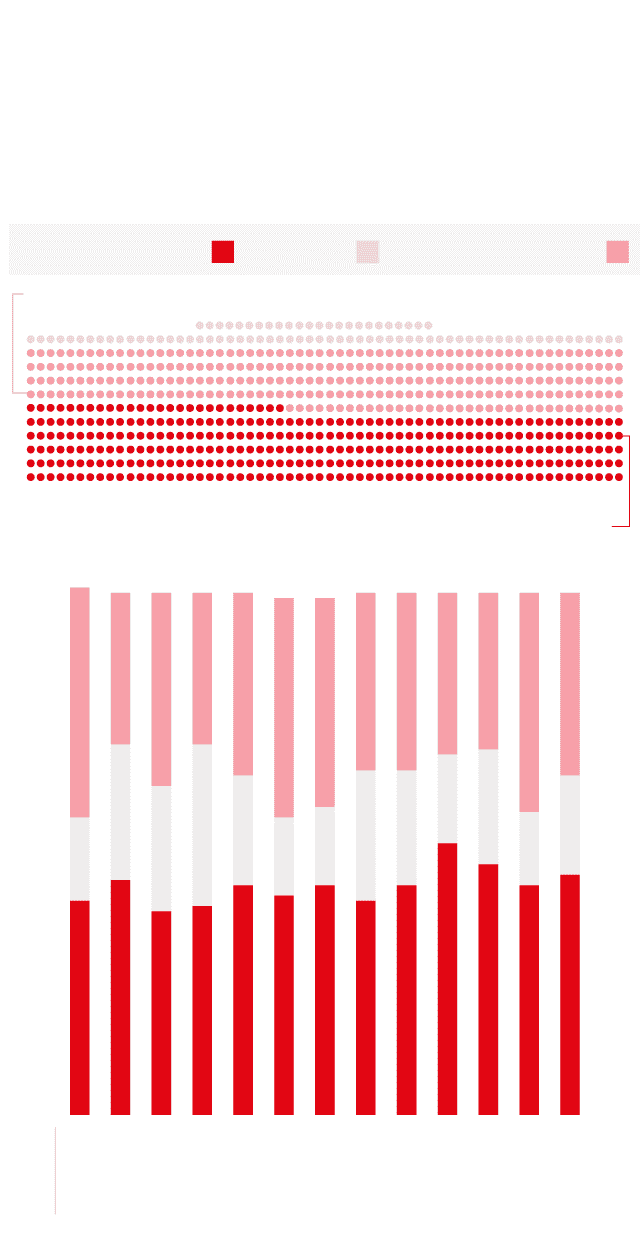
Of the 684 World Cup matches
that have been played since 1970, the countries
richest won 44% of the time;
the poorest, 35% of the encounters.
SOURCE: elDiario / FIFA / UN
Tunisia is the team that is possibly the humblest of all those that will meet in Qatar, if we look at all the parameters. Regarding per capita income, it is the fourth lowest and the value of its players places it as the fifth team with the lowest value in its squad. Only the FIFA ranking gives the Tunisian team a break. It is the twenty-fourth according to this classification. At the other extreme is the Netherlands. The Central European team is seventh in per capita income and eighth in the FIFA ranking, while its squad ranks ninth in Qatar.
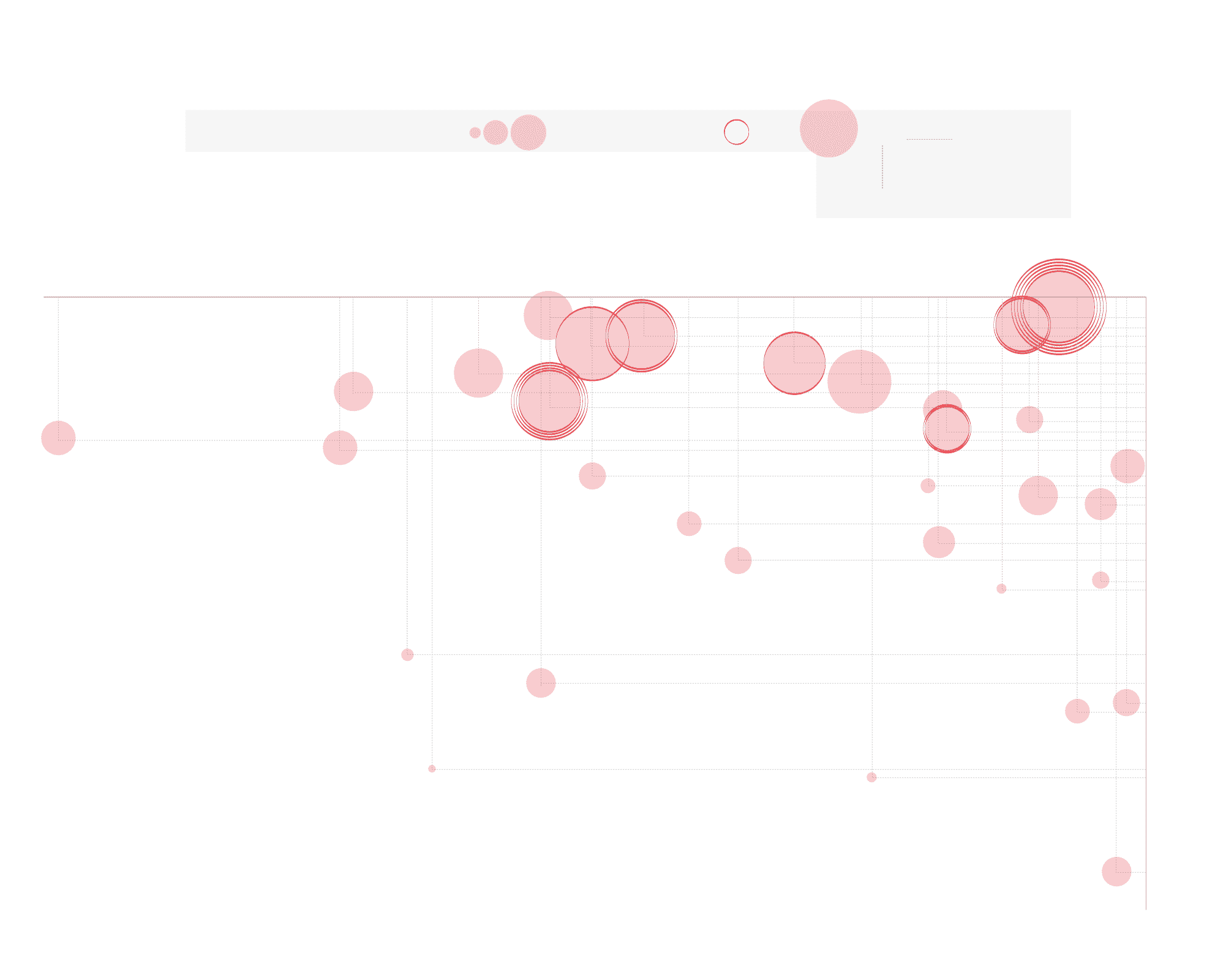
Analysis of the 32 teams for the 2022 World Cup based on GDP per capita
and the market value of the workforce
Market value of the selection
Market value
of the selection
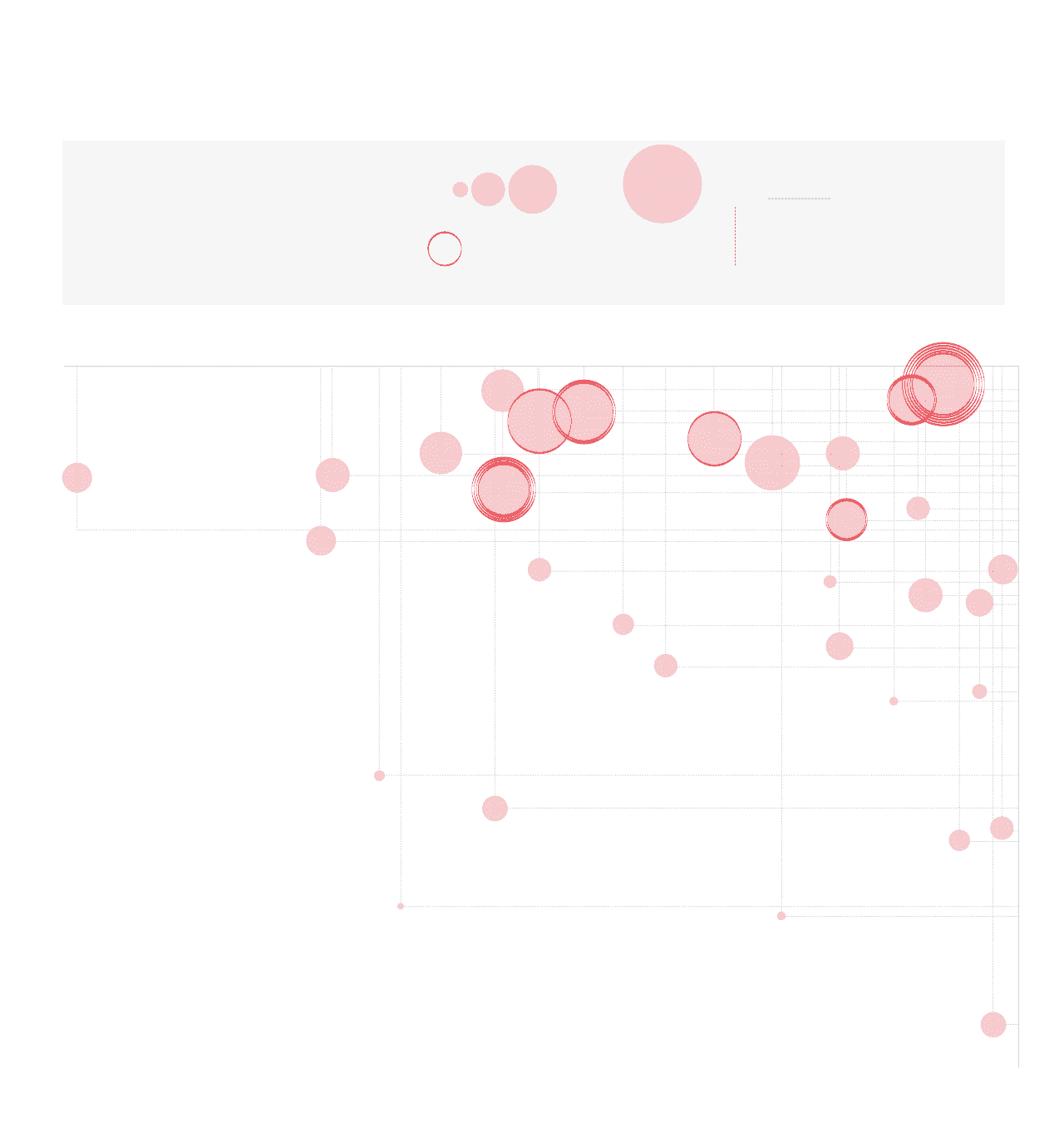
Analysis of the 32 teams for the 2022 World Cup based on GDP
per capita and the market value of the workforce
Market value of the selection
Market value
of the selection
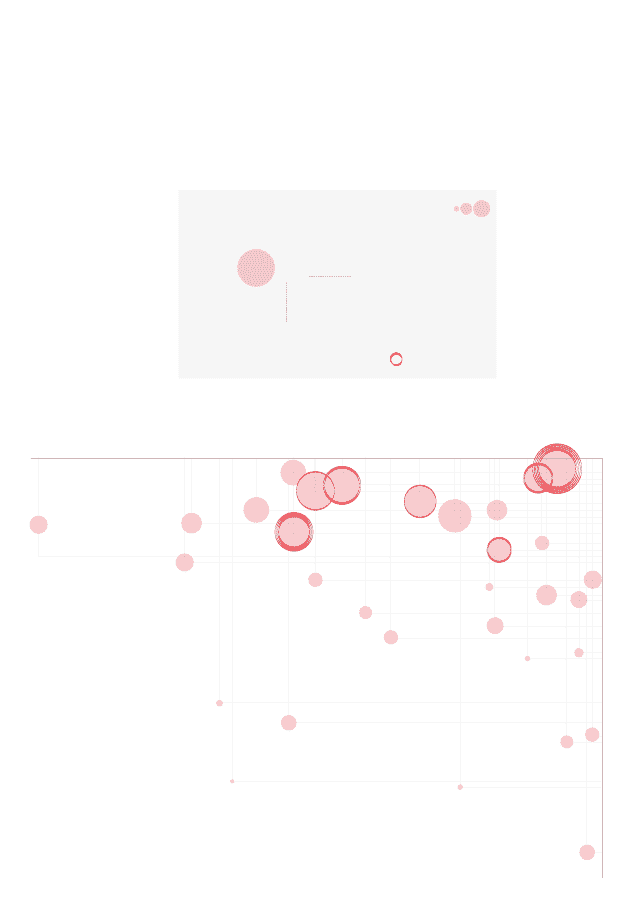
Analysis of the 32 teams for the 2022 World Cup
based on GDP per capita and the value of
template market
Market value of the selection
Market value
of the selection
Brazil, Argentina and Uruguay have in common a low per capita income but a high market value of the squad, as well as a high FIFA ranking and several World Cups behind them. The Brazilians suffered the worst defeat in their football history during the 2014 semifinal match, where the Germans beat them, leaving the score 1-7. In what was called the Mineirazo, referring to another historic defeat of the Brazilians known as the Maracanazo where, being hosts, they lost the final against Uruguay against all odds.
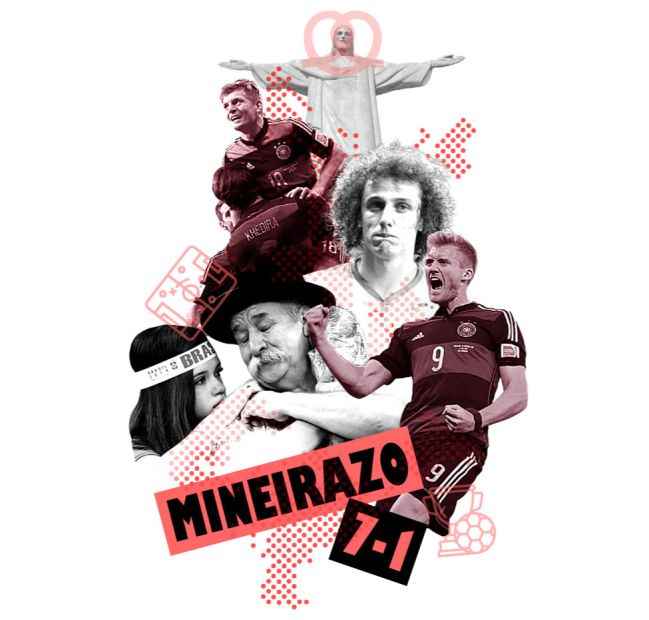
Throughout the history of the World Cups There are three parties that represent the football ‘Robin Hood’: Sweden-Senegal and France-Senegal, both from the 2002 World Cup, and Ghana-United States (2006). ANDn the 2002 World Cup in Korea and Japan, Senegal beat two teams that were exaggeratedly more economically powerful: Sweden (57.7 times richer than the African country) and France (47.7). In the case of Ghana, they won To united states. The North American country was in 2006 50, 4 times richer than Ghana.
